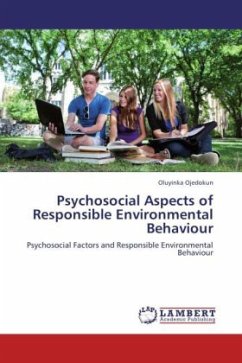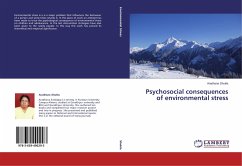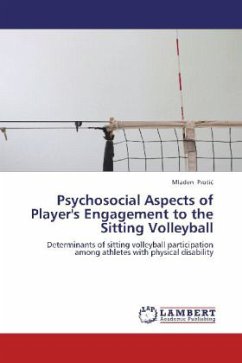The problem of littering is perceived as the most visible sign of environmental pollution in many countries around the world. However little is known about how attitude related to littering can mediate the relationship between some psychosocial factors and taking conscious actions that prevent littering in general daily practices (Responsible Environmental Behaviour), hence the necessity for this work. This work fills a gap in literature by exploring the mediatory role of attitude towards littering in the relationship between psychosocial factors and responsible environmental behaviour. All in all, the work suggests an integrated approach that combines cognitive, skill empowerment, social, structural, and technical solutions as the most effective tool of tackling the littering problem.
Bitte wählen Sie Ihr Anliegen aus.
Rechnungen
Retourenschein anfordern
Bestellstatus
Storno








